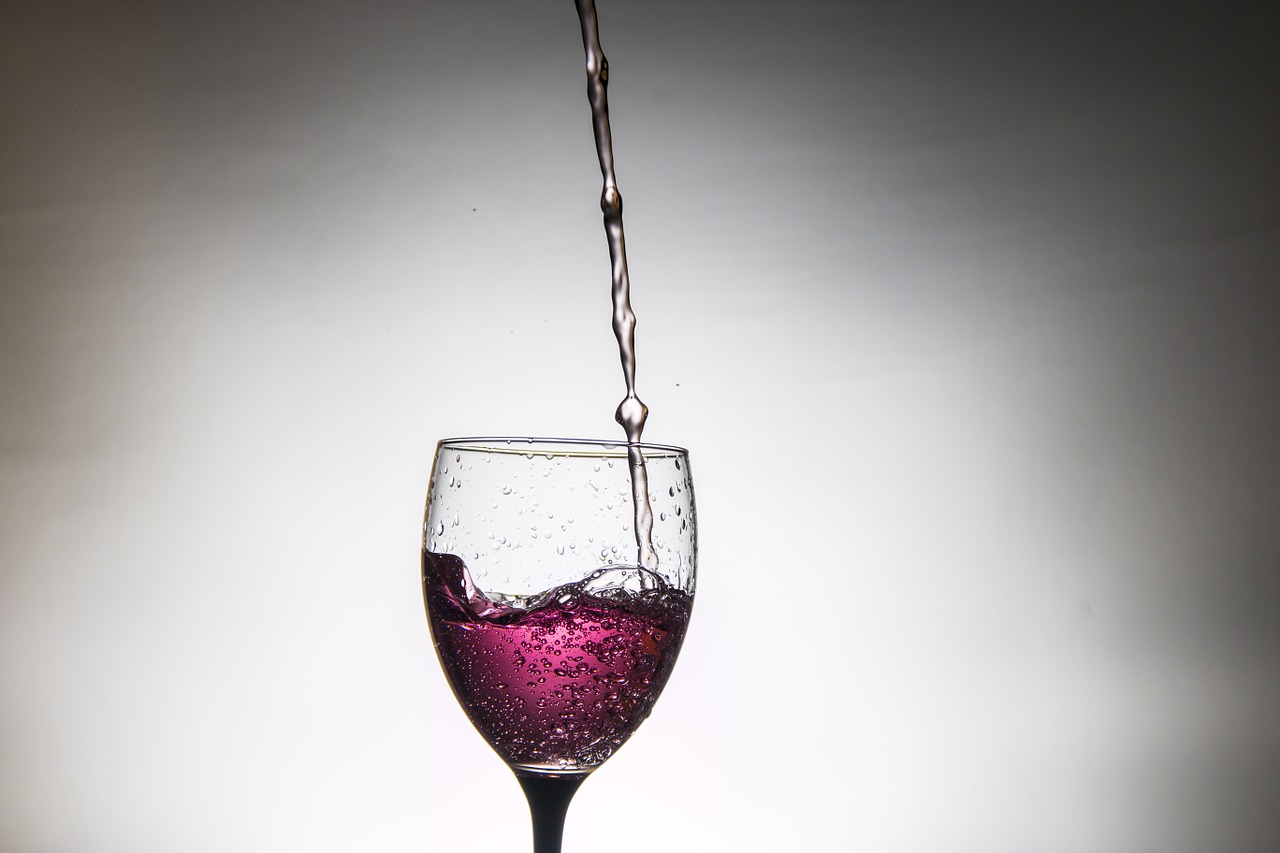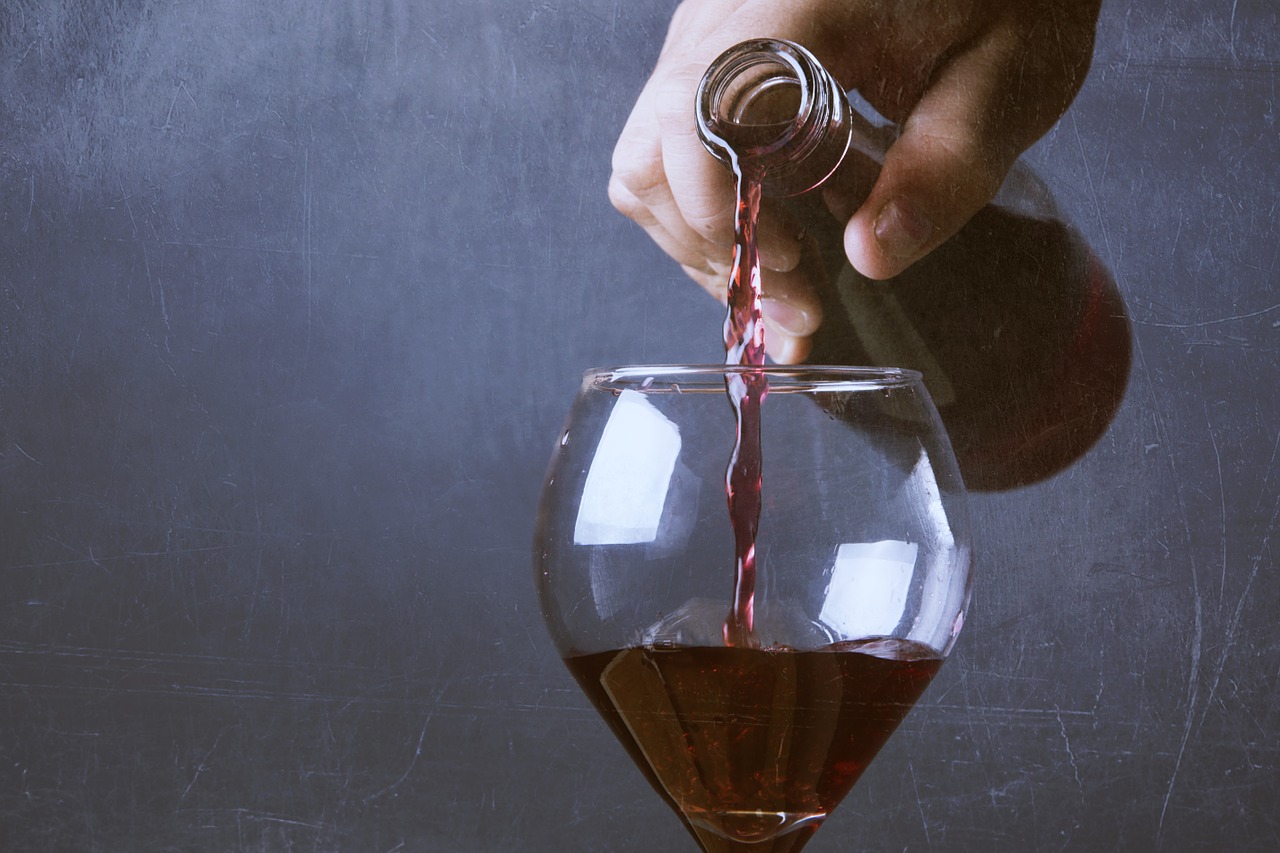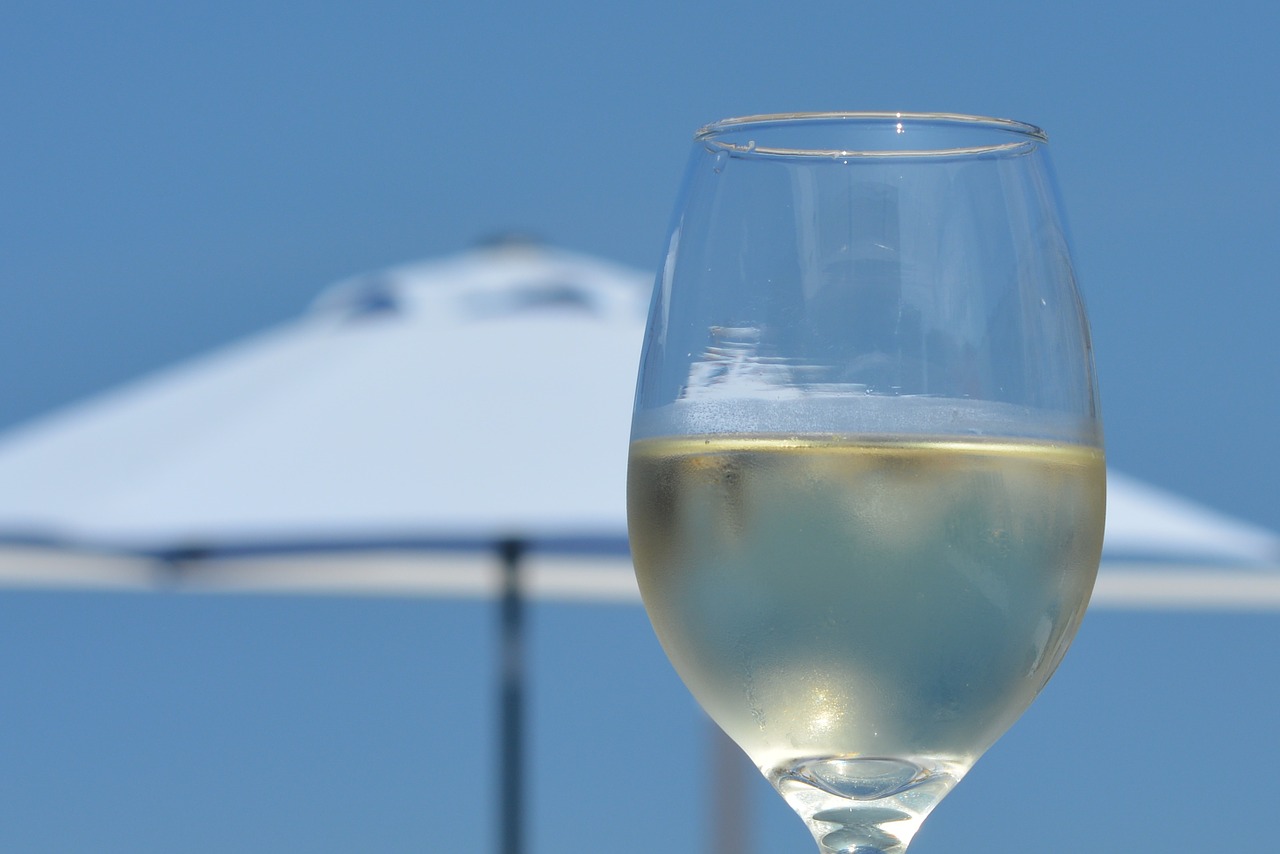Can wine be a joy to the wallet as well to the palate? Judging by the mouth-watering sums that wine investors have made in the past few years, it certainly looks like it.
Just last year, an unnamed buyer bid about $1.6 million on 114 bottles of Romanee-Conti Burgundy. That’s over $14,000 a bottle. A case of 2000 Mouton Rothschild started at a mere $2000, and is now valued at more than $10,000, five times its original price in just a few decades.
The booming wine market, however, is far from safe and those who are thinking about fine wine investment should proceed with caution.
Fine wine investment has attracted less than respectable merchants: scams are frequent and not always easy to detect for first-time buyers. In 2012, the BBC estimated that £100 million had been lost in the previous four years to fake wine traders.
Just a few weeks ago, the director of fine wine investment firm Capital Bordeaux was banned from being a director for the next eleven years after scamming his investors.
What can you do to make a safe investment?
Do your homework on wine traders
You should do your homework on the wine traders you’re thinking of using. Make sure that the business is well-established: choose long-standing companies that have a solid reputation in the field and many awards to their name.
While newer, cheaper companies can be attractive, traders with a long history and respected trading names are a safer bet for taking your first steps in fine wine investment. Wine buying company The London Wine Cellar say that fraudsters can specialise in creating legitimate-looking paperwork. However even wine investment firms with a long standing history of selling wine can go into liquidation if they buy beyond their means, leaving clients in the lurch.
The Metropolitan Police suggest that if you are unsure about a company, you can check that they are registered with Companies House and use Google Streetview to see if their address is legitimate.
Research the wine you are looking to buy
It is crucial that you also do thorough research on the product, its origin and its condition: you wouldn’t drink wine you knew nothing about, so why would you invest in it? Liv-ex, the most reputable fine wine valuer, can give you an idea of how the price of a bottle has grown in the past and could make you rich in a few years.
En Primeur wine, which means newer wine that still has to be bottled, is often a great investment. It is also the source of most scams, because the physical product doesn’t come for several years after a purchase.
Take good care of your investment
Wine bought for investment cannot just be stored at home: many companies offer special professional storage in temperature and humidity-controlled rooms.
But the Metropolitan Police says to keep an eye out when researching such companies: you should have full access to your wine whenever you want, and you should double check that your wine is insured correctly and for the right amount of money.
Remember that wine investment is not tax free and, as Investment Quorum warn on pension plans, can be subject to heavy tax charges in an SIPP (self invested personal pension). If anyone claims otherwise, they are not telling you the truth: wine investment is quite complicated tax-wise, and you may need a tax expert to help you.




